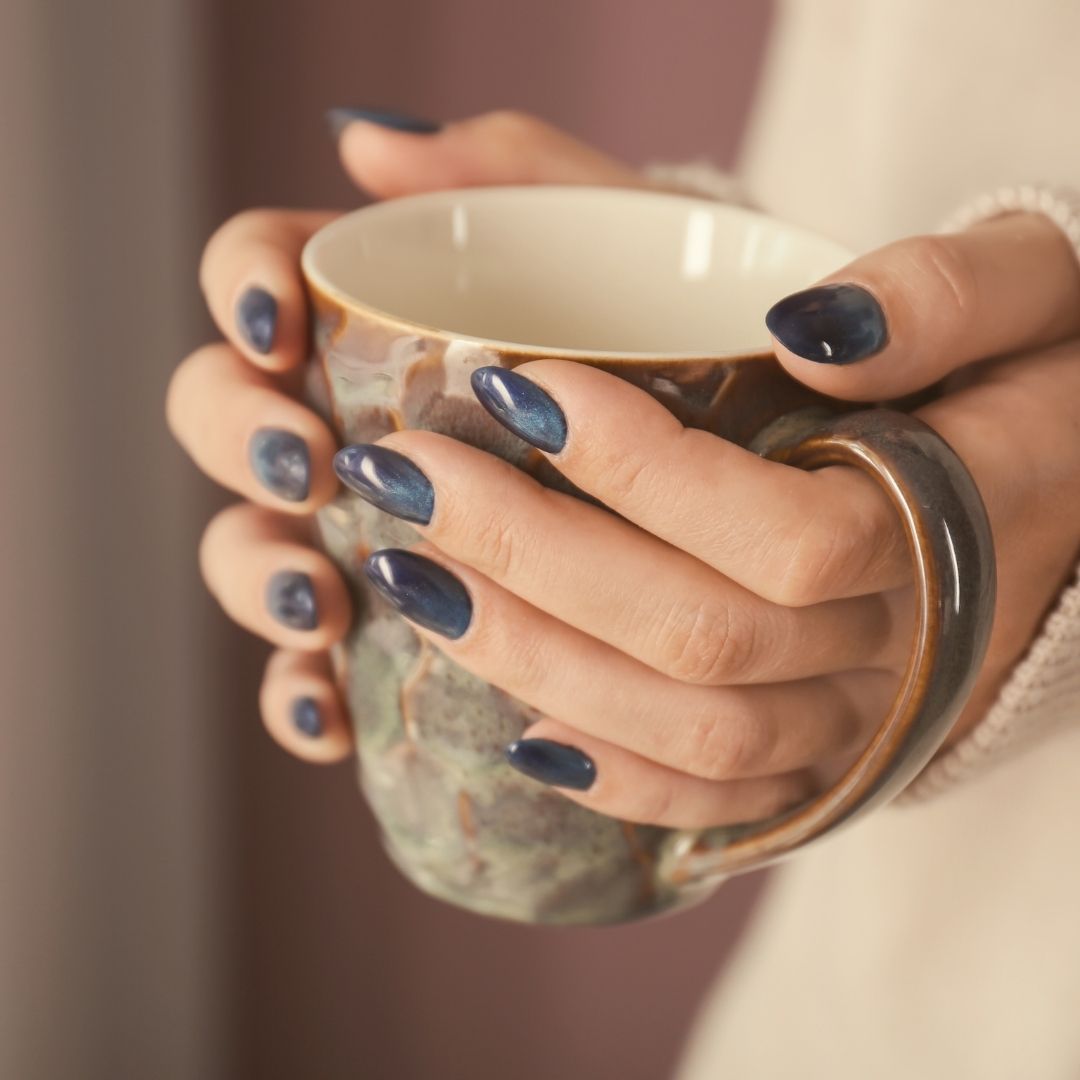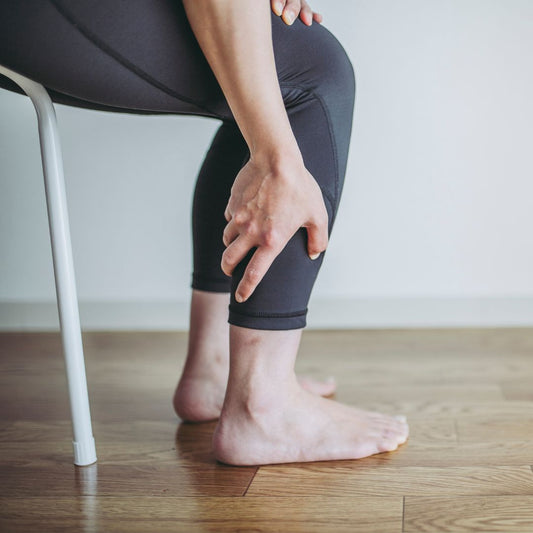Artificial acrylic nails are one of the favorite beauty add-ons in woman’s physique no matter what risks goes with it, if they have well-manicured nails to show off in a social occasion. Risks of applying acrylic nails can include nail fungus infection. If you have acrylic nails, you should know how to maintain them regularly to avoid nail fungus and other infections.
There are many artificial or fake nails available today. You can choose a kit in your favorite pharmacy store, or you can have it done by a professional. The cost differs between the two but it’s always a matter of choice. If you want the strongest acrylic nail that would last a long-time, you can go to a certified nail technician and have it done for you. The chemical bond used in nail application contains liquid (monomer) and powder (polymer) that is difficult to remove. Once your nail application is done you have to maintain it regularly by applying touch ups every two weeks. If nail fungus as already developed we suggest using Nail Fungus Control Regular Strength and in severe cases use our Nail Fungus Control Extra Strength.
Maintaining Acrylic Nails
Maintenance is key to avoid chipping or breaking of an acrylic nail. If it breaks, do not attempt to glue it yourself. If you skin is cut, you should see your nail technician. The nail can be removed with a special nail remover instead of doing it yourself. Acrylic nail fungus may get into the skin and likely cause irritation to the skin causing the microorganisms to grow. It is also important to keep the area dry to avoid moisture, which makes this a ground for acrylic nail fungus microorganisms breeding. Long artificial nails can be pretty but look what’s beneath it. If it is not well maintained, it can become the source of infection from microorganisms that continues to reside underneath the nails that cannot be seen by the naked eye.
Preventing Acrylic Nail Fungus
To prevent acrylic nail fungus, you should avoid using artificial nails if you have a skin irritation or a cut by your nail bed as it can cause some irritation after application. Fake nails can be flaked off and should not be removed yourself, have a nail technician fix it for you. When working, you must wear protective gloves to avoid breaking your nails. Do not bite the acrylic nails. If the acrylic nail accidentally breaks off and results in a cut put antiseptic or alcohol to prevent infection. It is also advised to have a nail kit treatment in your medicine cabinet.
Acrylic Nails and Nail Fungus

By Dr. Peter Klapper Ph.D.



